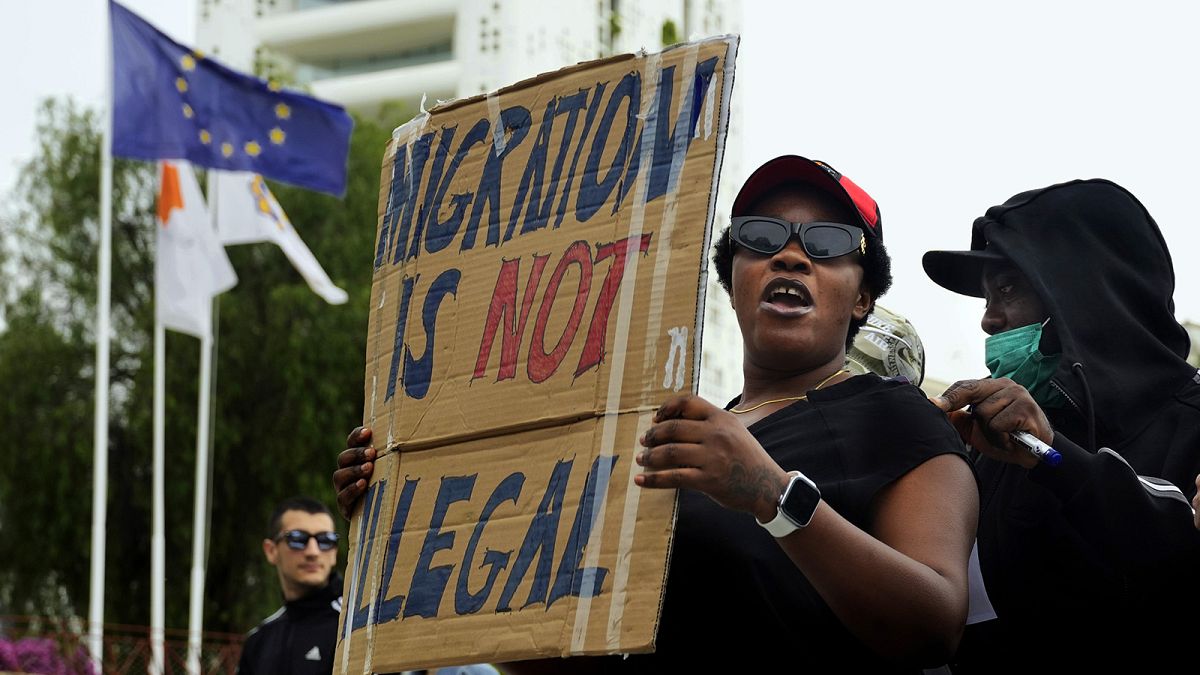Cyprus has been experiencing a significant increase in the number of migrants seeking asylum in recent years, leading to challenges in processing their cases. Many asylum seekers live below the poverty line while waiting for their legal status to be determined, relying on charity for support. False promises and misinformation from smugglers often lead migrants to the Mediterranean island, with unrealistic expectations of a better life.
Asylum seekers, including single mothers, face health issues and uncertainty about the future, with concerns about who will care for their children if something were to happen to them. This situation has put pressure on the country’s resources, prompting the far-right National People’s Front (ELAM) party to call for stricter measures to stop new arrivals. ELAM, labeled as neo-fascist, has close ties to Greece’s Golden Dawn party and has gained political representation in both the Cypriot House of Representatives and the European Parliament.
In response to growing social discontent and pressure from various groups, including the Orthodox Church, the Cypriot government is focusing on increasing voluntary returns and combatting illegal migration. The Interior Minister of Cyprus emphasized the importance of member states having control over their borders and preventing the influence of smuggling groups and traffickers. As a result, Cyprus has temporarily halted the examination of asylum applications from Syrian citizens for 14 months.
With the challenges posed by the influx of asylum seekers and the far-right’s calls for stricter measures, Cyprus is facing a complex situation that requires a balance between humanitarian concerns and national security interests. Asylum seekers, particularly vulnerable groups such as single mothers, are in need of support and assistance to navigate the legal process and build a new life in Cyprus. It is crucial for the government to address the root causes of migration and provide resources for those awaiting asylum decisions.
In light of the misinformation spread by smugglers and the false promises that lead migrants to Cyprus, there is a need for better education and awareness about the realities of seeking asylum in the country. Aid workers play a crucial role in supporting asylum seekers and providing them with accurate information about their legal rights and options. By addressing these challenges and implementing effective policies, Cyprus can better manage the influx of asylum seekers and ensure the protection of vulnerable individuals seeking refuge on the Mediterranean island.
As Cyprus continues to navigate the complexities of asylum processing and migration, it is essential for the government to collaborate with international organizations and other stakeholders to develop comprehensive solutions. By working together to address the root causes of migration, combat illegal migration, and support vulnerable asylum seekers, Cyprus can uphold its humanitarian obligations while maintaining control over its borders. With a coordinated effort and a focus on providing support and resources to those in need, Cyprus can strive to create a more welcoming and inclusive environment for asylum seekers seeking protection and stability.











